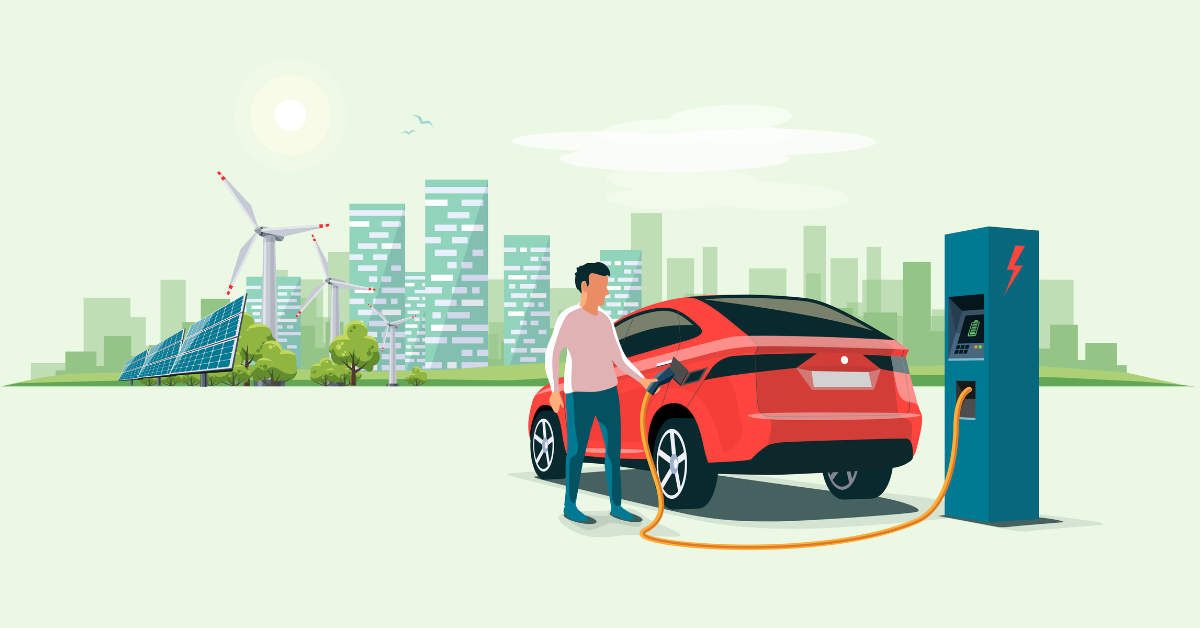The Centre will tighten scrutiny on applications from foreign automakers based in countries that share a land border with India, such as China
On the other hand, existing companies in India won’t be required to set up a new subsidiary to apply under the new EV policy
India’s decision to cut import duties on EVs has triggered fears of a rise in trade imbalance with Beijing in the auto sector as India imports almost 25% of auto components from China
The government is looking to implement stricter norms for investments under the new electric vehicle policy that slashed tariffs to 15% on imported EVs.
As part of the forthcoming guidelines, the Centre will tighten scrutiny on applications from foreign automakers based in countries that share a land border with India, such as China, ET reported, citing a government official.
On the other hand, existing companies in India won’t be required to set up a new subsidiary to apply under the new EV policy.
They will be eligible to apply for an import licence for a certain number of EVs once they agree to make investments in the country, the report added.
It is pertinent to note that the government had in March approved a new EV policy that cleared the path for global EV giants like Tesla and Chinese automaker BYD to enter the Indian EV market.
The most significant provision of the policy was the reduction of tariffs on certain EVs to 15% from the present 75-100% for automakers pledging to invest at least $500 Mn in the country and start domestic manufacturing.
India’s decision to cut import duties on EVs has triggered fears of a rise in trade imbalance with Beijing in the auto sector as India imports almost 25% of auto components from China.
Further, a reduction in tariffs is likely to bring respite to Chinese automakers scouting for new markets amid declining exports in the US and the European Union, economic think tank Global Trade Research Initiative (GTRI) said in a recent report.
At a time when Chinese EVs are facing anti-subsidy probes in the US and the EU, Chinese automakers with an India presence are expected to further increase imports of EV parts from China, which could hurt the micro, small, and medium enterprises (MSME) sector, according to GTRI.



![[CITYPNG.COM]White Google Play PlayStore Logo – 1500×1500](https://startupnews.fyi/wp-content/uploads/2025/08/CITYPNG.COMWhite-Google-Play-PlayStore-Logo-1500x1500-1-630x630.png)